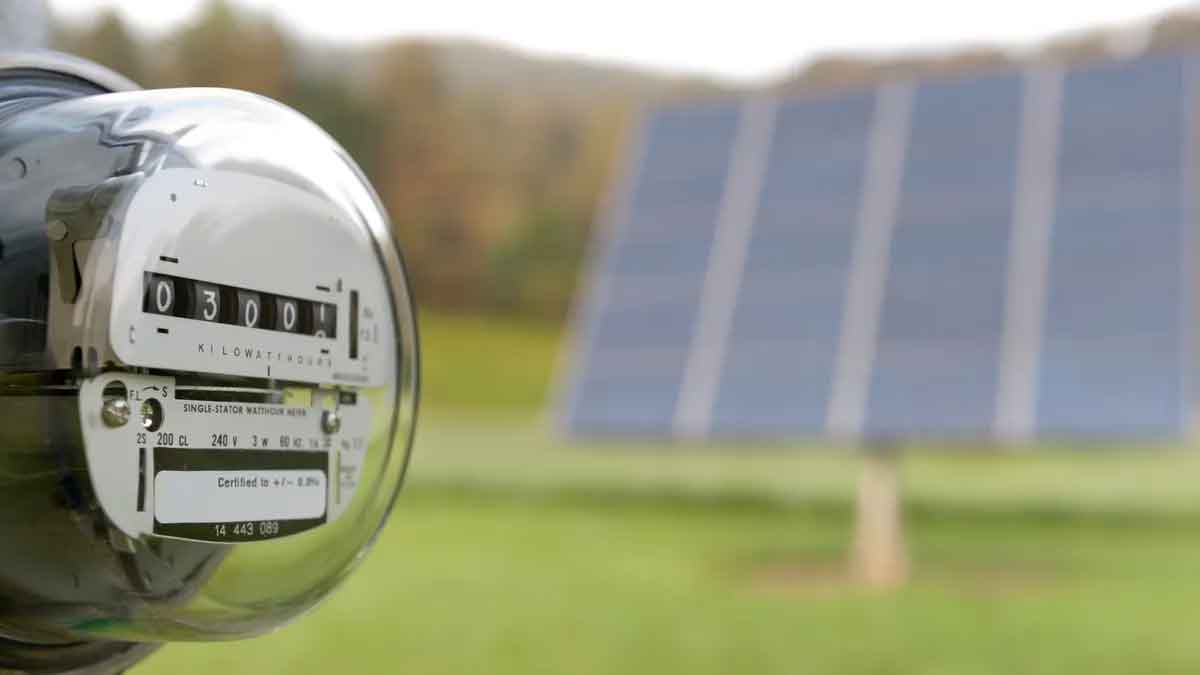The country’s renewable energy mix is at a menace of falling apart as Pakistan’s top electricity regulator is deciding on charging fees for supplying electricity to WAPDA via net metering.
The National Electric Power Regulatory Authority (NEPRA) plans to amend the Distributed Generation and Net Metering Regulations, 2015, to cut down the payment for distributor generators of net metering by almost 30 percent.
As per the details, users supplying power to WAPDA via net metering would probably suffer a 20 percent loss, however, some consumers may now be required to pay the bill.
The proposed amendments to solar energy have the following salient features:
- Single-stage, two-envelope bidding
- Straight-Line tariff
- 70 percent dollar indexation of tariff
- Benchmark tariff by NEPRA
- Guaranteed purchase of power
- Land and interconnection to be given by the government
- Exemption on all import-related duties and taxes
- The current Energy Purchase Agreement (EPA) and Implementation Agreement (IA) will be used
- COD within 12 months of EPA signing
- Term: 25 years on a BOOT basis
- 15 percent income tax
- Payment guaranteed on 60th day after invoice through Bank Debit
Moreover, NEPRA has asked for public feedback on the proposed features until End-September, afterwards, the law is expected to be finalized.
Read more: Govt issues deadline for mapping 6000MW solar projects across Pakistan
The regulator’s move has greatly discouraged both current and prospective net metering applicants rather than incentivizing renewable energy into expensive imported fuel-based thermal generation systems.
A number of consumers have already criticized NEPRA and expressed their displeasure with the proposed amendment to its rules, which they term a disincentive to the use of solar energy in the country.
Technically, net metering basically promulgates the concerned government regulating bodies to pay users who inject electricity into the national grid. Net metering has the capability to decrease electricity bills while also helping to lessen power shortages.
In addition, implementing capital-intensive technologies like solar energy, which has a great upfront cost but lower operating costs requires easy financing, however, the above-mentioned proposed regulation ends it.





















